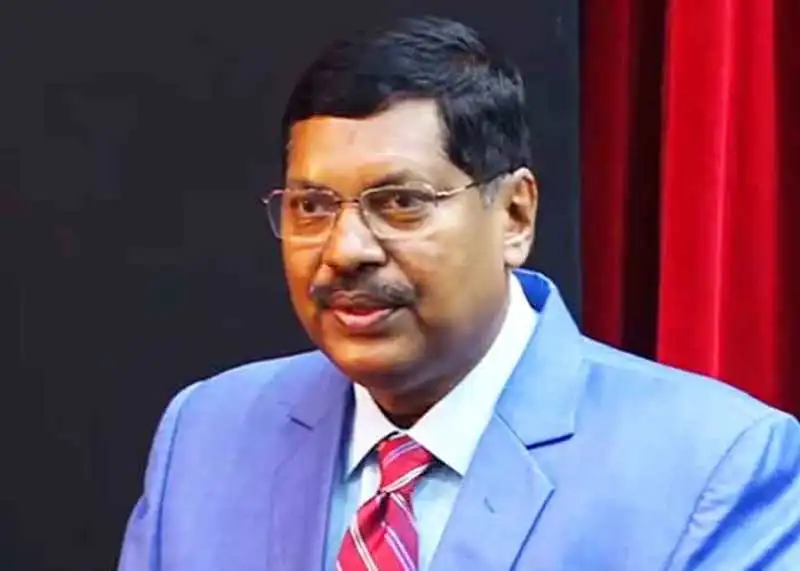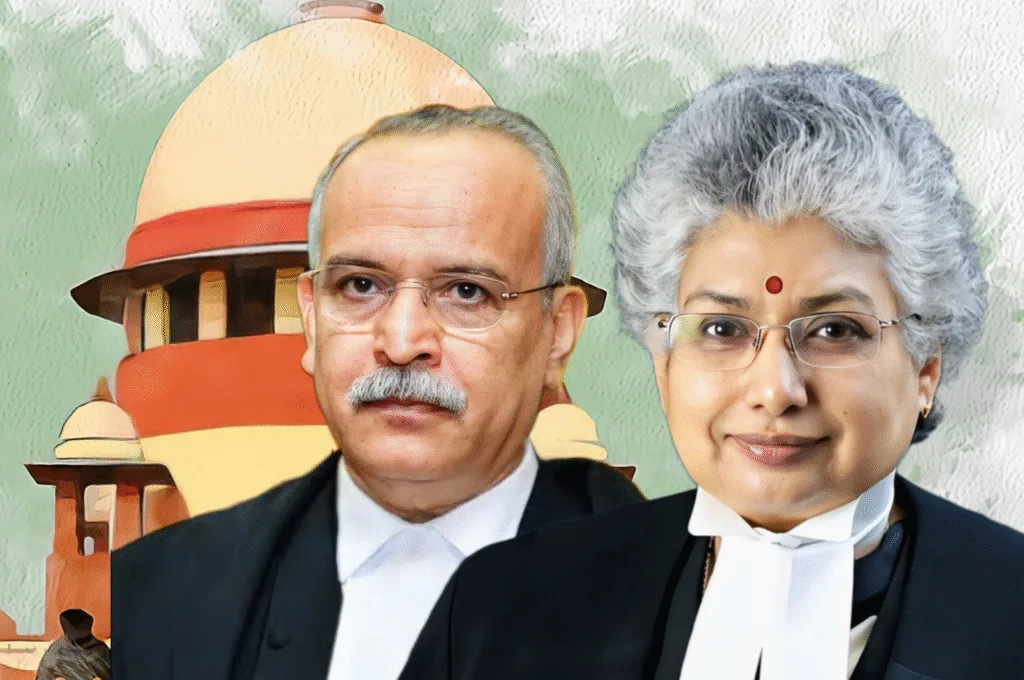40 Crore Indians involved in litigation, more than entire population of US & UK
India is a democratic country with around 130 crore population. Democracy in India is derived from Indian Constitution which came into existence on 26th January 1950. Most of the features of the Indian Constitution have been derived from the Constitution of different nations which have made it the largest written Constitution around the globe. One of the significant features of the Indian Constitution is the independent judiciary. Independent judiciary here means that the judicial procedure doesn’t allow any interference from the legislation or administrative, the other two pillars of the Indian judiciary. This system was enacted so to allow common citizens from getting justice as prescribed by the Indian Constitution and all other laws which get empowered by it. But is it enough?
According to various media reports, around 4 crore cases are pending before the Indian Judiciary with over 86% of them being in the subordinate courts. But the real picture is a bit different. If 4 crore cases are pending, that means at least 8 crore population is involved in the litigation (considering if there are only 2 parties). Taking into account that an average family in India has 5 members, the population involved in litigation is over 40 crore. This consideration is important because a case before the Indian Judiciary involves the whole family irrespective of their involvement in the actual case. This way, it won’t be wrong to ascertain that over one-third of India is fighting its cases before the Indian Judiciary. The numbers have recently escalated due to Covid-19 where Indian courts couldn’t function properly and are only taking up extremely urgent cases. But the situation isn’t bad only because of Covid-19.
As per a report by Wire, 1,94,000 cases are pending for over 30 years before the different court’s in India while 6,40,000 cases are pending for over 20 years. If have to look at cases filed within 10 years, 37,00,000 cases are pending in different courts. This shows the number of cases pending in different courts. In such a scenario where around one-third of the Indian population which is equal to the entire population of the United States of America and United Kingdom combined are messed up in the litigation here and there, it is really difficult for the nation to grow. Are we always going to be a developing nation?
If there is a pothole anywhere in the country, we openly criticize the government and the heads including Prime Minister and Chief Minister. As a democratic nation, we’ve the right to criticize them for their Political shortcomings. But what about the judiciary? Judiciary is an independent wing of Indian democracy and can take care of its problems. The productivity of a common man goes to vain, and his family’s growth becomes stringent if one gets into litigation for anything in this country. In a nation where Judiciary is so powerful that a Judge in the higher judiciary is appointed by the judges themselves without anyone’s involvement, what is stopping them to act in this periphery?
A nation where even the policy-related matters including the construction of Parliament Building, Covid-19 management and celebration of religious festival’s like Jallikattu is being taken care of by the Judiciary, what’s making it not touch this area? When a common man gets 12-15 paid leave in a year, what is the entitlement of Indian judges who get summer and winter vacations of over 7-8 weeks in Supreme Court, 5-6 weeks in High Court, and 3-4 weeks in Subordinate Courts? Can’t these vacations be curled at a time when Indians are unable to get justice? Why does a nation have to carry its colonial-era rule of granting summer and winter vacations to its Judges? British Empire uses to give summer vacations since most of the judges used to be from England and not prone to Indian temperature. But why carry on with a similar system for Indian judges in India especially when the courts today are equipped with the best features including Air Conditioners/Cooler? Courts mostly run through taxpayers’ money, then why are the Judiciary not getting upto the mark?
A nation is democratic only in the presence of an effective Judiciary.
William Edward Gladstone (the former PM of England) said that Justice delayed is Justice Denied. This phrase means that, if justice is not carried out at the right time, even if it is carried out later, it is not real justice, because when there was a demand for justice there was a lack of justice.
Hopefully, the strongest court in the world will take cognizance and take necessary measures to deal with the crisis. If a government falls, another comes. But what will happen, if the judiciary falls?
Author: Adv. Shashank Shekhar Jha
Legal Editor, GoaChronicle.com









